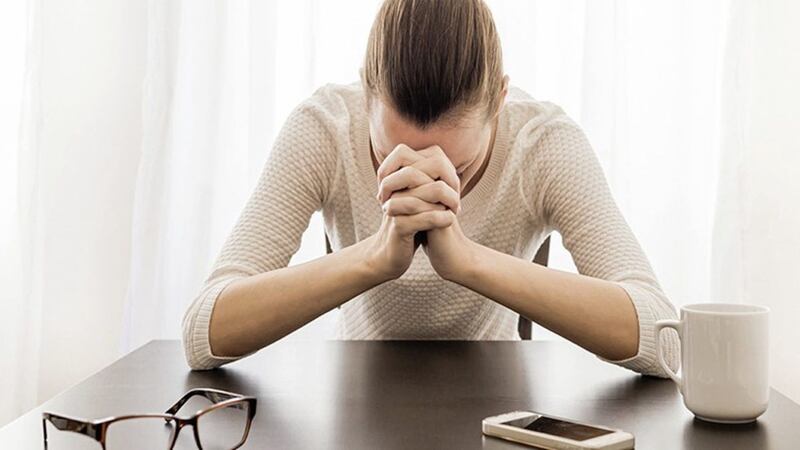Last Friday, in response to my column about Mr D (thank you to so many of you for contacting to wish me well), an old friend phoned: "The problem for many people is that the party is over and the hangover isn't responding to the usual cures."
His point was an important one. At the start most of us were quite liking the prospect of an unexpected 'holiday', particularly since the weather was good and the furlough arrangement ensured millions were guaranteed the bulk of their wages. I also think most people - although spooked by the headlines of what CV-19 was capable of doing - had it in the back of their mind that the whole thing was probably overhyped, with life returning to normal fairly soon.
But two things happened in the meantime. The novelty of the unexpected holiday wore off and the relentless boredom associated with an equally relentless 'inside' routine set in. We reconciled ourselves to the fact that life won't return to normal anytime soon; meaning that when the new normal arrives - as it will - there is no guarantee we'll have a job to return to. That's when people who have never had a previous encounter with Mr D may discover him sitting on the end of their bed, or hovering in a corner of the garden or kitchen. Indeed, judging by some of the responses to my Twitter-linked email account (alexwriterkane1@outlook.com) many have already had that first encounter.
In January 1920 Sigmund Freud's daughter, Sophie, died of Spanish flu; and because of travel restrictions he had not been allowed to visit her. This is what he wrote: "The undisguised brutality of our time is weighing heavily upon us. Tomorrow she is to be cremated, our poor Sunday child!" I was struck by the power of those words, 'the undisguised brutality...' and how they now resonate in our time.
In an email I received on Monday an elderly man (living outside Dublin) wrote of the separation from his grandchildren and of not being able to visit his wife when she was diagnosed with CV-19 symptoms (although she improved and has returned home.) The phrase he used was as memorably striking as Freud's: "...it was the random brutality of what was happening to us which reduced me to hopelessness."
New data from the Office of National Statistics indicates a significant rise in levels of anxiety across the UK (there will, of course, be a similar rise in the Republic) and a corresponding decline in happiness. There will always be moments when people are anxious, although it doesn't always follow they are necessarily unhappy. But when millions of people are both anxious and unhappy at the same time - as well as being severely restricted in their movements by lockdown regulations and uncertain about the future - it might, as the data suggests, signal a rise in some kinds of mental health problems among people who haven't experienced those problems before.
As I noted in last week's column it's both ok and important to talk to those closest to you about these problems. In another email over the weekend a young mum told me she was experiencing 'problems', but didn't want to tell her husband or phone her parents because she didn't want to 'come across like a woose' when there were so many people with 'much bigger problems.'
She's wrong. Bottling up feelings - particularly if they are a new source of fear, worry or potential depression - is the worst thing to do. People who love you and know you best will always know when there is something wrong, or when you're 'not yourself today.' The natural instinct is to do anything you can to help your loved ones; but that means they have to open up and let you in.
Getting used to the 'new normal' (get used to that reality, by the way) will bring a whole raft of other problems, challenges, fears and worries. Life and how we live it won't be the same from now on. There will be lessons learned from this crisis, but we may not like the 'solutions'. A crisis like this will have been war-gamed by medical, political, security, frontline et al experts over the years. The one factor which can't be war-gamed is the impact on the mental health of millions of individuals; yet that impact may prove to be the greatest challenge with the most lasting consequences.








